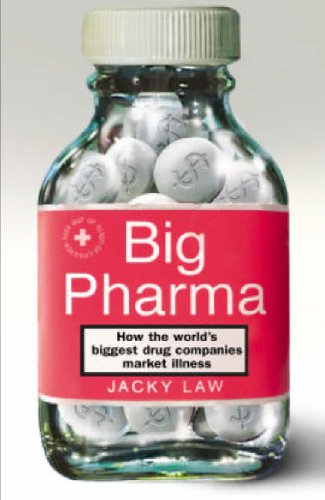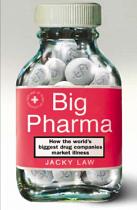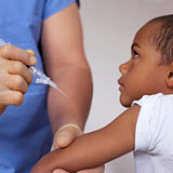Flu Vaccine's Health Hazard -- Commercial profits, and power
Guillain Barre Syndrome (GBS) is not contagious. It is an autoimmune disorder that develops when a person's own immune system attacks and damages the myelin sheath of the body's nerves, causing muscle weakness and paralysis. GBS symptoms can last for a few weeks or months or can become permanent. In rare cases, people die from GBS, usually because they cannot breathe. In the U.S., an estimated 3,000 to 6,000 people develop GBS annually. Some healthy people, who develop GBS, have recently recovered from a viral or bacterial infection within the previous 4-8 weeks but others have recently been vaccinated. The inactivated influenza vaccine has been associated with development of GBS since 1976, when
Scientists have multiple theories on why this increased risk may have occurred, but the exact reason for this association remains unknown."
Early symptoms of GBS include sudden muscle weakness, fatigue and tingling sensations in the legs that can take days or weeks to spread to the arms and upper body and can become painful, eventually ending with either partial or total paralysis.
When there is total paralysis, GBS becomes life-threatening because it can impair breathing and interfere with the heart rate and cause high or low blood pressure that can lead to serious complications, such as heart attack and stroke.
It is important to recognize the early symptoms of GBS, whether you have been vaccinated or not, and seek immediate medical care.
-- Thimerosal, a widely used vaccine preservative that metabolizes to ethylmercury, contains close to 50% mercury by volume—and mercury is a well-known neurotoxin. Based on the amount of mercury in a standard flu shot, you have to weigh over 265 pounds in order for this exposure to mercury to be safe according to EPA guidelines
-- Getting your flu vaccination at a local pharmacy compounds the risks to your health, as most pharmacists are not trained or equipped to respond to acute adverse events that may occur after vaccination or follow-up on people they have vaccinated and report vaccine reactions to the federal Vaccine Adverse Events Reporting System (VAERS)
-- The flu vaccine may pose an immediate risk to your cardiovascular system due to the fact that vaccines provoke an acute inflammatory response in the body that can become chronic in some individuals
-- The inflammatory response is a MAJOR concern in pregnant women, as stimulating a woman’s immune system during pregnancy can increase health risks for the pregnant woman and some researchers think that it increases risks that the baby will develop neurological dysfunction anywhere from 7 to 14-fold! Other adverse perinatal health outcomes also have an inflammatory component, including preeclampsia and preterm birth
While infants and young children are at greatest risk, NO ONE is exempt from the potential serious complications of vaccination, one of which is GBS.
In the video profile of vaccine injury above, Barbara Loe Fisher, co-founder and president of the non-profit National Vaccine Information Center (NVIC), interviews a Connecticut artist and her mother, a former professor of nursing, who developed Guillaine-Barre syndrome after getting a seasonal flu shot in 2008 and today is permanently disabled with total body paralysis. This family has chosen to share their heartbreaking story to help those, who have had the same experience, feel less alone, and to educate others about what it means to be vaccine injured. What happened to this family is a potent reminder of just how important it is to make well-informed decisions about vaccinations.
Internet site reference: http://www.mercola.com
Comments
There are 0 comments on this post















